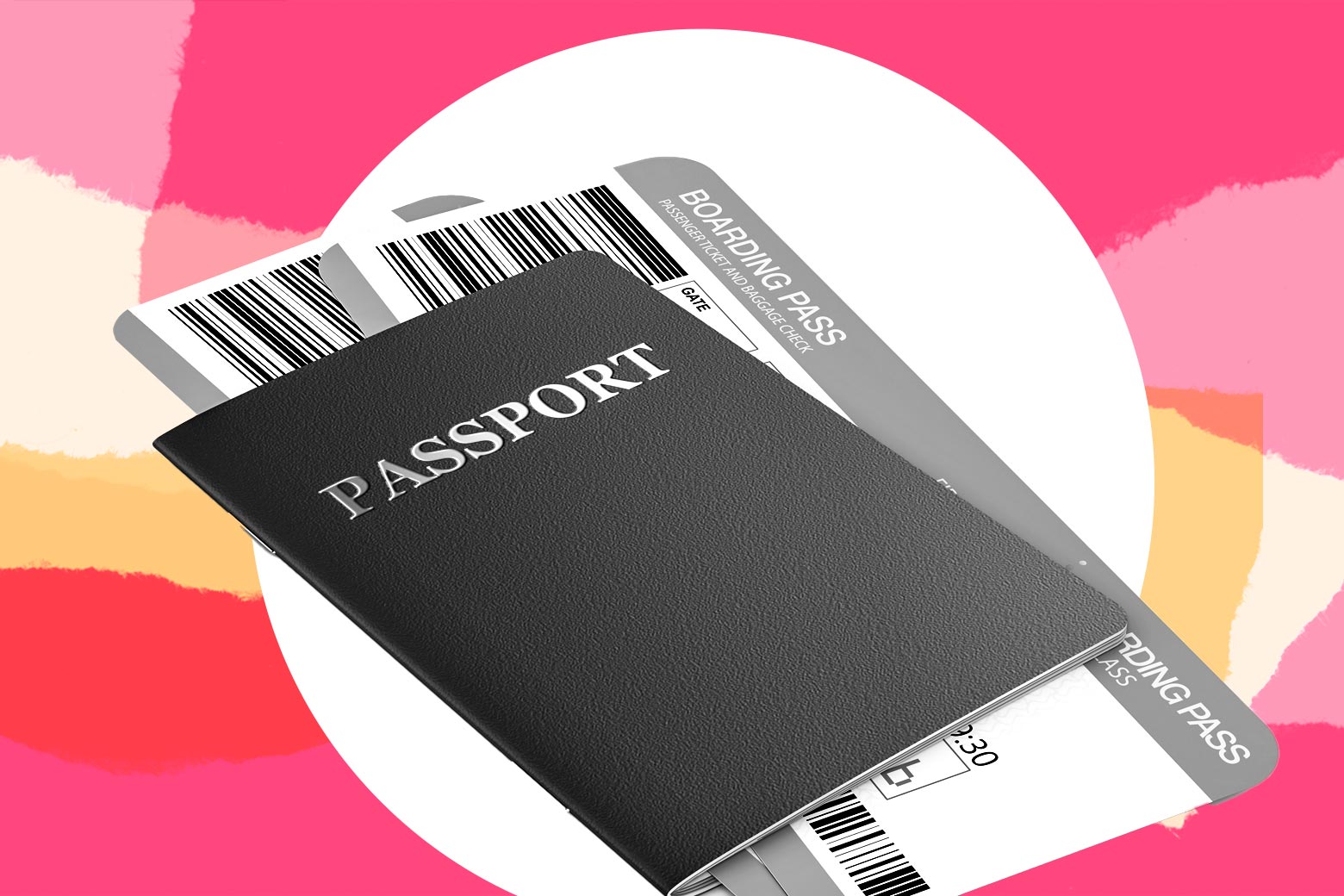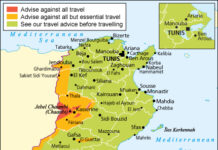
Slate Plus members get more Care and Feeding every week.
Dear Care and Feeding,
My husband and I are proud Nigerian immigrants to the United States. Our children were born here, and we have done our best to teach them about our heritage and culture, while also being age-appropriately honest about the struggles in Nigeria. We want them to be proud of the long and complex history we have, while understanding how colonization and many contributing factors shaped certain aspects of our culture and law that are wrong, as with any colonized country. Our son is now 16, and he is planning to visit Nigeria soon for the first time since he was 5. He is openly gay and gender non-conforming, and I am worried that the way he presents could make him a target on his visit.
The U.S. is of course also bigoted towards Black gay men and gender non-conforming people, but in Nigeria he is in true danger on a different level, one that could get him kidnapped or killed. It’s one thing for us to support him when American parents judge him for wearing nail polish or kids call him names while teachers look the other way, but I am afraid for his safety on this trip. I would like to ask him to wear more traditional “men’s” clothes while he’s out in public. He will be staying with my parents, so in the home he will be safe, but my husband and I want to encourage him to dress differently when he’s out. This is difficult for us, as it goes against what we have taught him (to be proud to be himself, not to be ashamed), but the risk of violence is real. It is why we left Nigeria in the first place. How do I talk to him about this without sounding like I don’t support him?
—Proud and Protective
Dear Proud,
Sixteen is a rough age. Your son is old enough to feel fully grown up (at least some of the time) but still young enough to feel invulnerable to danger. I remember 16 very well indeed, and I also remember my daughter at 16. It’s as if the part of our brains that’s designed to help us assess risk and make decisions that will keep us safe and in one piece is still dormant.
Your situation is difficult. If I were you, I would not ask him to tone it down when he’s out and about. I think you would be undermining the message you have taken pains to deliver all his life (and good for you!). It’s possible that your son is already planning to do what it takes to pass—queer kids are often quite aware of external threats and become skilled at “covering” when necessary (not that they should have to, of course). Perhaps you could gently ask him how much he’s thought about the dangers. If you find he’s actively planning for his own safety, continue talking through this with him. See how you feel as the trip approaches (are you any less worried?).
I’ll be honest with you. If he were my child, I’d have him cancel the trip. Until he is old enough—mature enough—to be able to fully assess the risks of being himself in a place where being himself is illegal, and thus to make a considered decision about how he wants to deal with that, I don’t think he should travel to Nigeria, or anywhere else where his life would be put at such imminent risk. And I think you can tell him that. That you want him to be himself and to express himself honestly, and that this is something that cannot be done in Nigeria at this point. Unless there is some urgency about this trip right now that you haven’t mentioned, it can wait.
— Michelle
More Advice From Slate
My brother-in-law, “Bob,” and I have always been extremely close for the 25 years I’ve been with my husband. He is now one of our only living relatives and lives in another state. Bob’s wife died unexpectedly five years ago. He just retired recently and became an empty-nester. As a result, he’s lonely and bored. Normally he visits twice a year, we get along great, and we even take vacations together. But during his last visit at Thanksgiving, I realized Bob has become overly enamored with me. He may even think he is in love with me…








